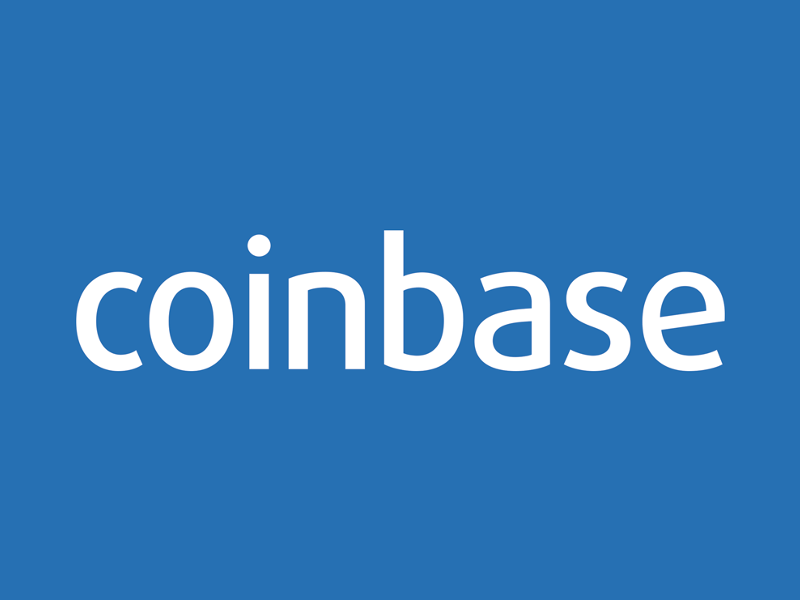Editor’s Note: This article has been modified to correct a misquote. This article originally quoted Brian Armstrong as saying that the Core team was a “Systematic” threat to Bitcoin, when he actually said Core was a “Systemic” threat.
Coinbase CEO and co-founder Brian Armstrong recently published a Medium blog post titled, “What Happened At The Satoshi Roundtable.” In this post, Armstrong calls for an immediate block size increase to 2 MB, the creation of a new Bitcoin development team, and called the Core team a “systemic threat” to Bitcoin.
Also read: IOTA: Internet of Things Without the Blockchain?
Coinbase CEO: We Need a New Development Team
“The conversations initially focused on various compromises that could be made to kick the can down the road on scalability. But as the conversations went on, I became less and less concerned about what short term solution we pick because I realized we all had a much bigger problem: the systemic risk to bitcoin if Bitcoin Core was the only team working on bitcoin.”
Armstrong launched 3 major arguments against the Core development team, saying that while they are very smart people, they:
- “Show very poor communication skills or a lack of maturity
- “Prefer ‘perfect’ solutions to ‘good enough.’ And if no perfect solution exists they seem ok with inaction
- They believe that Bitcoin “will not be able to scale long term,” and that “any block size increase is a slippery slope to a future that they are unwilling to allow.”
Attacking the Core team’s “perfect” solution, segregated witness, the Coinbase CEO admitted that it “is a well done piece of technology,” but believed that it would be a risk to use it as a scaling solution due to current circumstances in the Bitcoin ecosystem.
Specifically, Armstrong was worried about the upcoming block reward halving in Summer 2016. He said that, once the halving occurs, the cost of mining a block will rise to $500 USD. If the market price of bitcoin remains at current levels, then Armstrong fears that a large portion of the mining network will go offline due to hardware becoming unprofitable.
Armstrong argued that such a large drop in hashrate would cause the entire network to become incredibly slow as full blocks are met with only a few miners. In a “worst case” scenario, this decline in miners could increase confirmation times to a point where each block would be at 140% capacity, and the network would “start accumulating a backlog.”
In order to avoid such a frightening scenario, Armstrong argued that we need to take “a path forward” that accomplishes 3 major goals:
- An immediate block size increase to 2 MB.
- “Communicate with the Chinese miners about this upgrade path.”
- “Long term, we need to form a new team to work on the bitcoin protocol
The Coinbase CEO’s fears about the future of Bitcoin are not isolated. After a large increase in transaction times for several days this week, some people in the community worried that slow transactions would become the “new normal” for Bitcoin. Although the network eventually sped back up, the fear about full blocks remains.
What do you think about Brian Armstrong’s reaction to the Satoshi Roundtable meeting? Let us know in the comments below!
Images courtesy of Coinbase and Pixabay
